Search
Announcing CC’s Open Infrastructure Circle
by Creative Commons Licenses & Tools, Sustaining the Commons, Technology post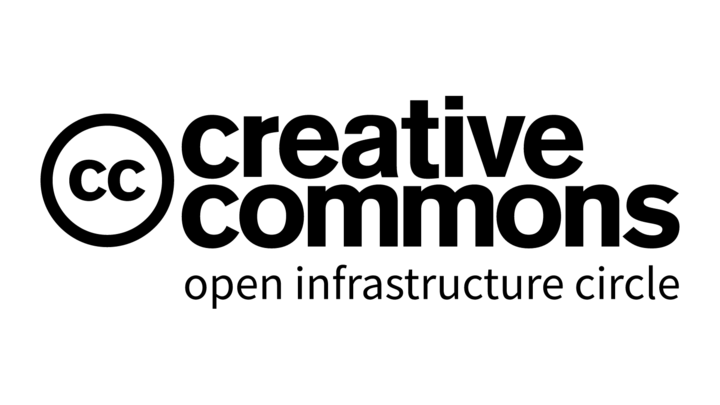
CC Licenses make it possible to share content legally and openly. Over the past 20 years, they have unlocked approximately 3 billion articles, books, research, artwork, and music. CC’s Legal Tools are a free and reliable public good. Yet most people are unaware that their infrastructure and stewardship takes a lot of money and work to maintain. That’s why we’re launching the Open Infrastructure Circle (OIC) — an initiative to obtain annual or multi-year support from foundations, corporations, and individuals for Creative Commons’ core operations and license infrastructure.
CC’s #BetterSharing Collection | November: Shared Knowledge, Shared Future
by Corrine Murray Uncategorized post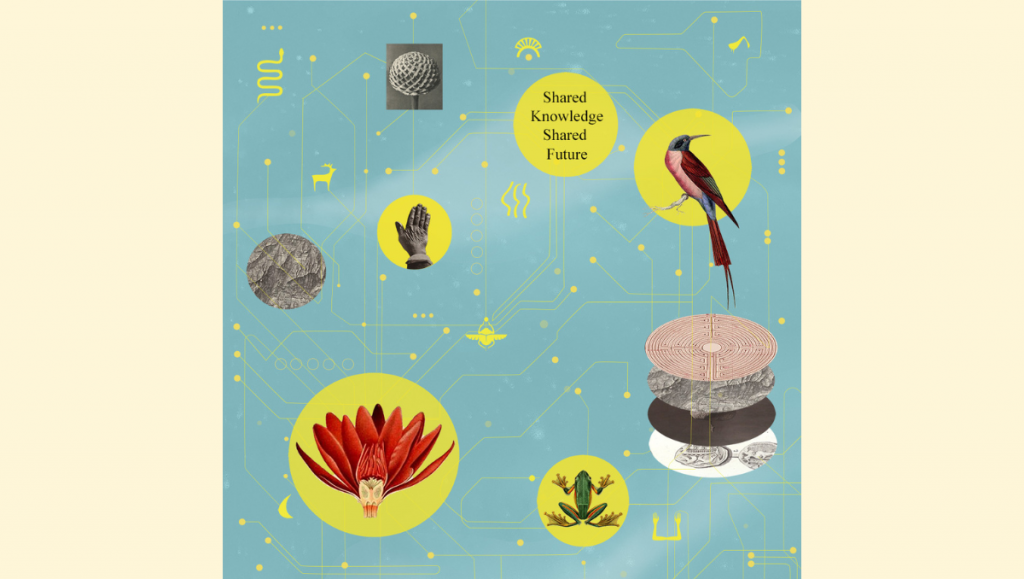
Each month throughout 2023, we will be spotlighting a different CC-licensed illustration from the collection on our social media headers and the CC blog. For November, we’re excited to showcase “Shared Knowledge, Shared Future” by Colombian illustrator, Luisa Brando.
Open Infrastructure Circle
page
Creative Commons (CC) has launched the Open Infrastructure Circle (OIC) to ensure our organization is around for years to come. We’re looking for supporters to commit to a recurring or multi-year gift to Creative Commons. Your contributions will specifically support the technical and legal maintenance of our CC Licenses, which is vastly underfunded yet critical…
Marike van Roon — Open Culture VOICES, Season 2 Episode 30
by Brigitte Vézina, Connor Benedict Open Culture post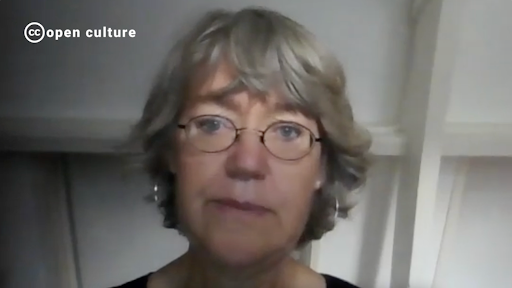
Marike van Roon shares that “the main benefit of open culture is accessibility” because if you are not fortunate enough to be part of organization that pays for you to have access to collections and you don’t live in city with public collections it’s almost impossible to access a lot of cultural heritage. In this…
CC and Communia Statement on Transparency in the EU AI Act
by Creative Commons Better Internet, Licenses & Tools, Open Culture, Open Knowledge, Technology post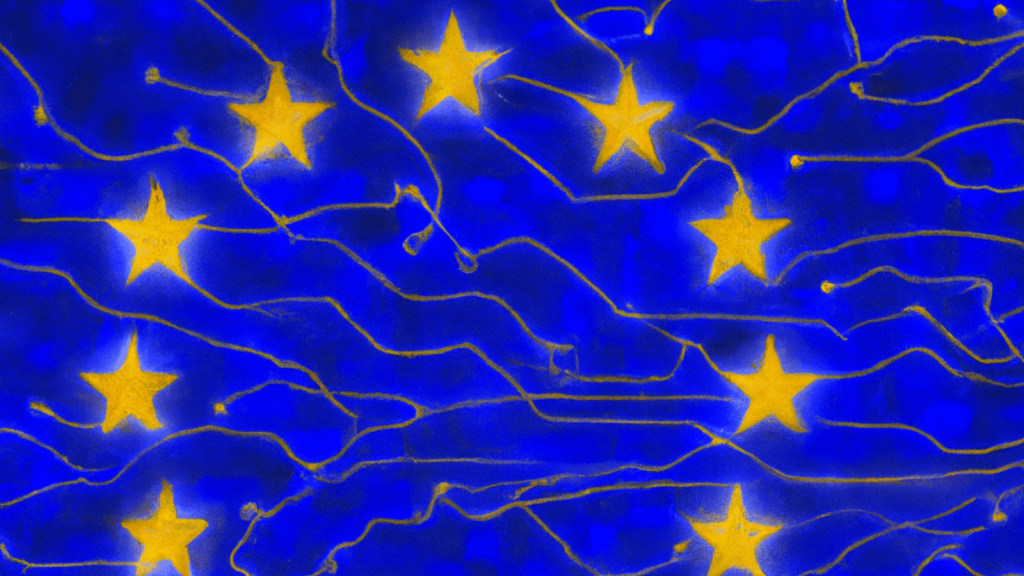 "EU Flag Neural Network" by Creative Commons was cropped from an image generated by the DALL-E 2 AI platform with the text prompt "European Union flag neural network." CC dedicates any rights it holds to the image to the public domain via CC0.
"EU Flag Neural Network" by Creative Commons was cropped from an image generated by the DALL-E 2 AI platform with the text prompt "European Union flag neural network." CC dedicates any rights it holds to the image to the public domain via CC0.
The European Union’s Artificial Intelligence Act will be discussed at a key trilogue meeting on 24 October 2023. CC collaborated with Communia to summarize our views emphasizing the importance of a balanced and tailored approach to regulating foundation models and of transparency in general.
A Year in the Open Climate Campaign
by Monica Granados, Cable Green Open Climate post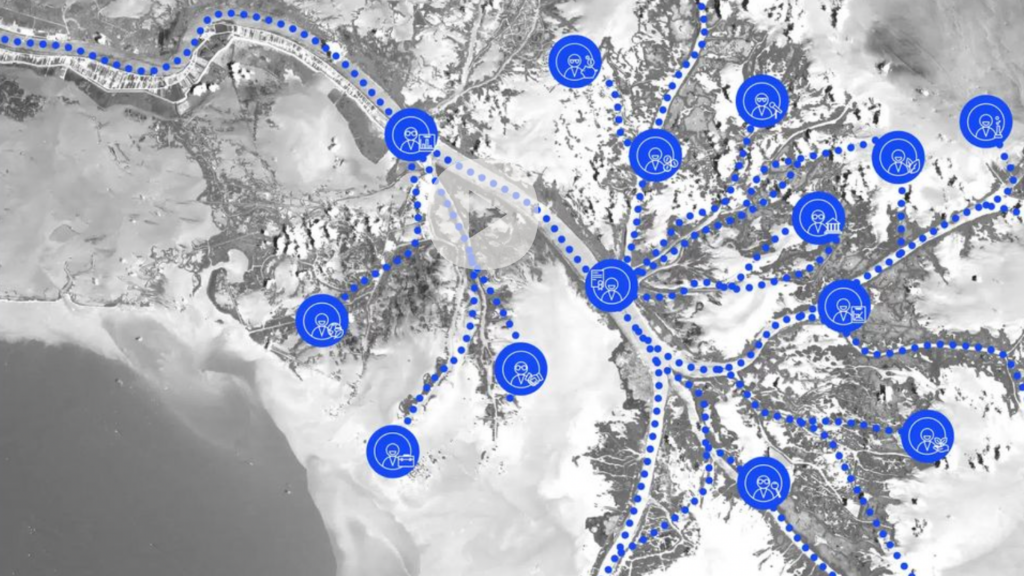 "River Banner" by Impact Media Lab for Creative Commons is licensed via CC BY 4.0.
"River Banner" by Impact Media Lab for Creative Commons is licensed via CC BY 4.0.
This month marks the first anniversary of the Open Climate Campaign — a four-year project working to make the open sharing of research the norm in climate science. We celebrate the success of the campaign in this initial year and look forward to the upcoming year.
CC Celebrates 20 Years of the UNESCO Convention on Safeguarding Intangible Heritage
by Brigitte Vézina, Jocelyn Miyara Open Heritage post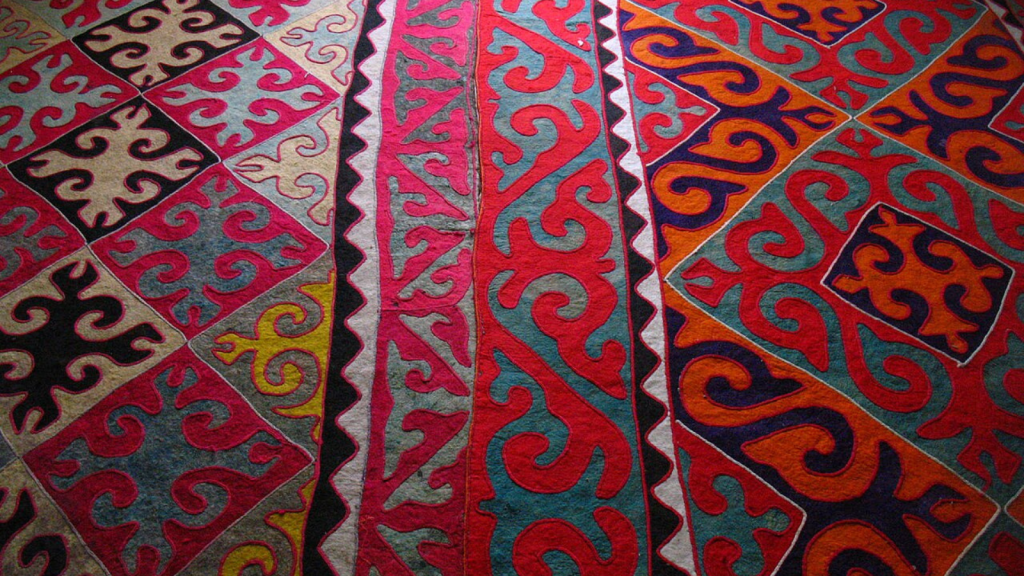 A shyrdaq on the floor of a Kyrgyz home in Kyzyl-Jar, Aqsy, Jalalabat”, Kyrgyzstan by Firespeaker, here cropped, is licensed via CC BY-SA 3.0.
A shyrdaq on the floor of a Kyrgyz home in Kyzyl-Jar, Aqsy, Jalalabat”, Kyrgyzstan by Firespeaker, here cropped, is licensed via CC BY-SA 3.0.
CC celebrates the 20th anniversary of the UNESCO Convention for the Safeguarding of Intangible Cultural Heritage. CC’s community initiative “Towards a Recommendation on Open Culture” (TAROC) is designed to support the international community in developing a positive, affirmative, and influential recommendation enshrining the values, objectives, and mechanisms for open culture to flourish and, in particular, for open culture to serve as a means to safeguard intangible cultural heritage.
Making AI Work for Creators and the Commons
by Creative Commons Better Internet, Community, Events, Licenses & Tools, Open Culture, Open Knowledge, Technology post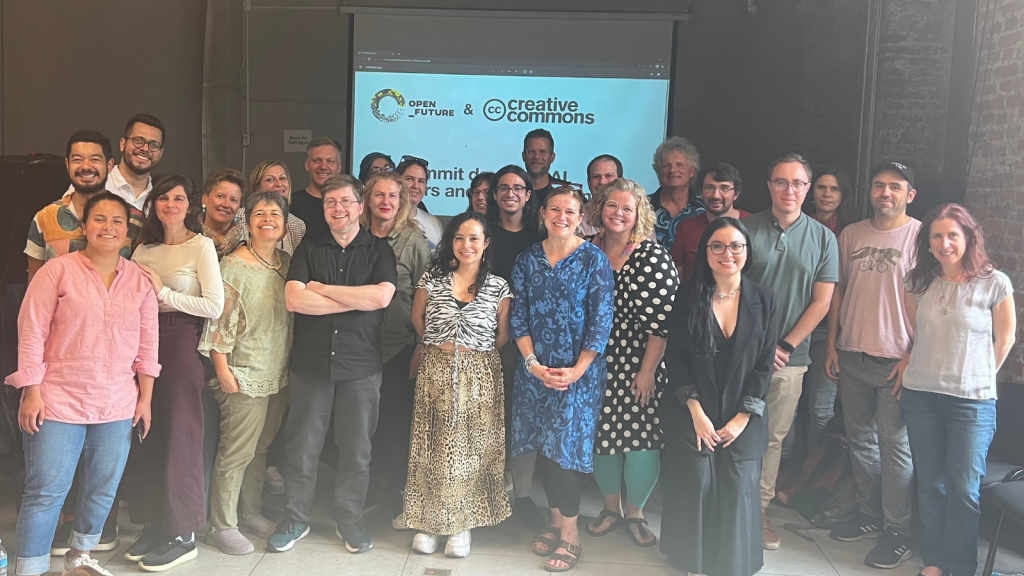 "CC Global Summit 2023 Day 0" by Creative Commons is licensed CC BY 4.0.
"CC Global Summit 2023 Day 0" by Creative Commons is licensed CC BY 4.0.
On the eve of the CC Global Summit, members of the CC global community and Creative Commons held a one-day workshop to discuss issues related to AI, creators, and the commons. Emerging from that deep discussion and in subsequent conversation during the three days of the Summit, this group identified a set of common issues and values.
Chan Zuckerberg Initiative Funds New Project to Openly License Life Sciences Preprints
by Creative Commons Open Access, Open Data, Open Science, Sustaining the Commons post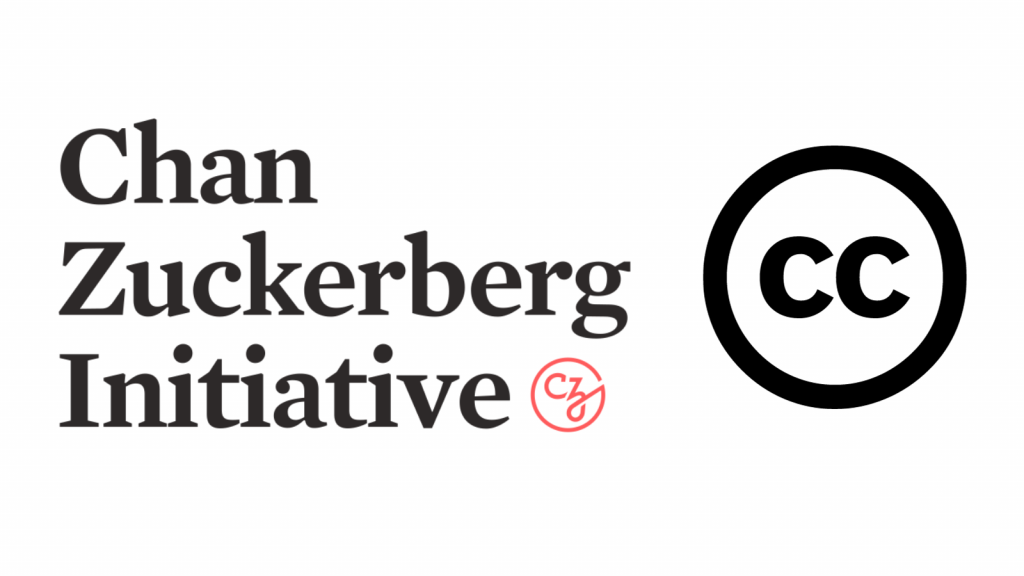 CZI brand marks used by permission from the Chan Zuckerberg Initiative.
CZI brand marks used by permission from the Chan Zuckerberg Initiative.
Creative Commons is excited to announce new programmatic support from the Chan Zuckerberg Initiative to help make openly licensed preprints the primary vehicle of scientific dissemination.
Deborah De Angelis — Open Culture VOICES, Season 2 Episode 27
by Brigitte Vézina, Connor Benedict Open Culture post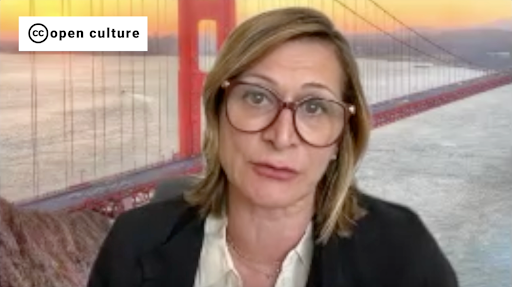
“Open access is essential for education, innovation, and cultural participation.” Deborah believes that cultural heritage institutions such as libraries, archives, and museums are not just responsible for the preservation of material but in the access and promotion of material for the public good. Institutions should can choose to make their material available online and these…